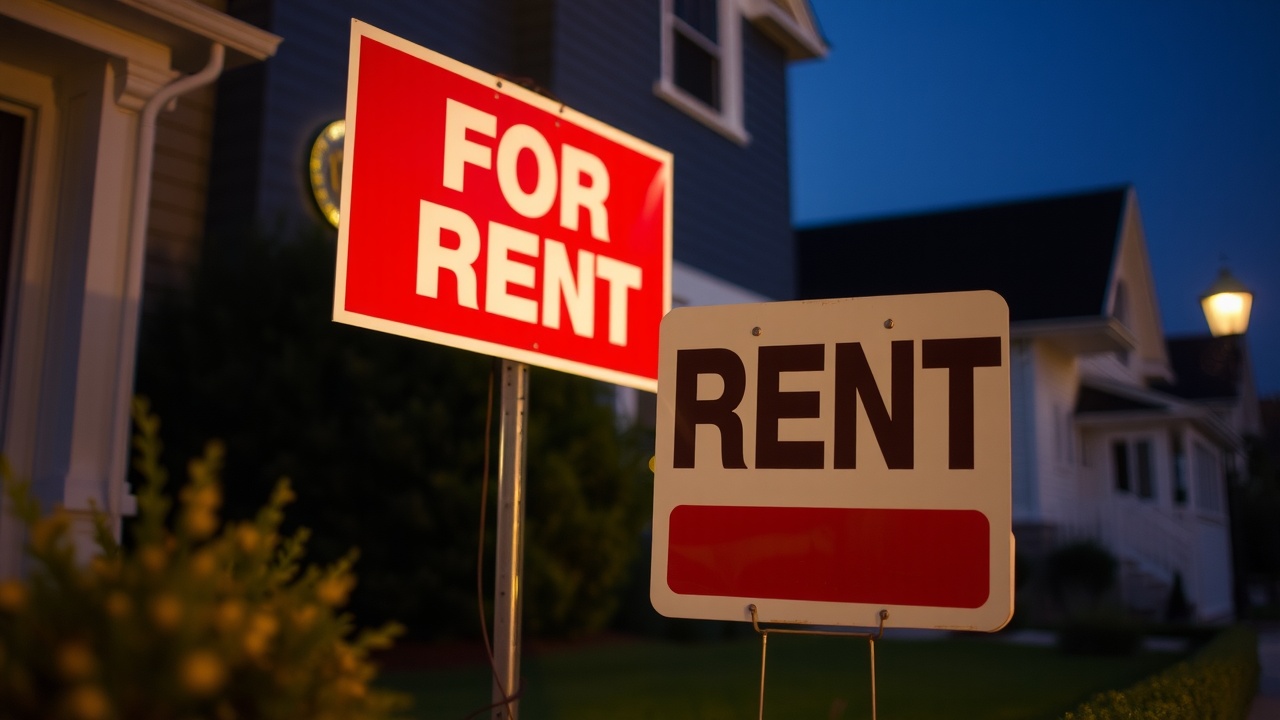
Next month, the tax regime on furnished holiday lets will be eliminated Will short-term rentals still be profitable for real estate investors?
With the repeal of the furnished holiday lets (FHL) tax regime next month, another benefit of real estate investing will vanish.
Short-term rentals lasting less than 31 consecutive days, known as furnished holiday lets, will be treated similarly to other types of buy-to-let investments starting in April 2025.
Instead of being able to claim capital allowances for spending on the property, holiday home owners will only be able to claim tax relief, and mortgage interest relief will be limited to the basic rate of income tax.
Landlords have already been negatively impacted by increased stamp duty rates and limitations on buy-to-let mortgage interest relief, and many local governments are also raising council taxes for second homes.
Based on a higher rate taxpayer earning gross rents of £25,000 on their property and paying expenses of £8,700, research by Prime Accountants Group indicates that furnished holiday let changes would cost vacation home owners about £1,400 annually.
Therefore, it is even more crucial to maximize the revenue from vacation home rentals.
What changes are there to the furnished vacation rentals?
Since the 1980s, the FHL tax regime has existed and was starting to show promise as a buy-to-let substitute.
In contrast to the private residential sector, landlords or second home owners could list their property on rental websites like Airbnb and receive full mortgage interest relief.
Additionally, capital gains tax was lowered to 10% upon the sale of the property, and investors were eligible for capital allowances for furniture.
The person's UK or foreign property business will include any income and gains from vacation rentals, and they will be handled similarly to all other property income and gains.
These benefits will be eliminated in April, and any profits or gains from vacation rentals will be included in the owner's UK or foreign real estate business and handled similarly to other property profits or gains.
As a result, instead of paying the current 10 percent capital gains tax on profits from the sale of a vacation rental above £3,000, a higher or additional-rate taxpayer would be required to pay 24 percent.
Until April 2025, investors may carry forward losses from prior years under certain transitional rules; however, anything beyond that is considered to be a part of the overall property portfolio.
How much money can you earn from vacation rentals?
Sykes Holiday Cottages, a website for renting vacation homes, claims that despite the difficulties, vacation rental companies can still earn a respectable income.
According to its most recent Holiday Letting Outlook Report, despite more difficult economic times, the average owner made £24,700 last year, a little more than £24,500 in 2023.
Vacation rental locations.
Using its platform, Sykes Holiday Cottages examined revenue and booking information for 22,500 short-term rentals in the UK.
With a holiday rental business that made an average of 43,200 last year, the Lake District village of Grasmere is at the top of the location rankings overall.
Owners in the two most popular Cotswolds destinations, Bourton-on-the-Water and Stow-on-the-Wold, produce an average of 40,400 and 40,000, respectively, and comprise the top three.
The most lucrative locations to own a vacation rental were Burford in the Cotswolds, Coniston, and Bowness-on-Windermere, which are also in the Lake District.
Castleton, Derbyshire, and Southwold, Suffolk, are new additions to this year's top 10, coming in sixth and eighth, respectively, with average yearly gross revenue exceeding £34,000 last year.
According to Sykes Holiday Cottages' managing director James Shaw, "Staycation reservations are strong, especially in areas like the Lake District and the Cotswolds that are appealing for quick getaways throughout the year, which translates into higher earnings for owners."
We advise our owners to accept short midweek stays, add a hot tub, and allow pets, among other minor decisions and investments that can generate extra revenue in addition to the obvious importance of location in the earning potential of vacation rentals.
"Our report's findings demonstrate the holiday let market's resilience despite the industry's significant changes, as average incomes increased last year. Although the owners we talk to are optimistic about the industry's future and their prospects, many of them claim that the recently implemented rules and regulations have already had an impact on them.














Leave a comment on: Tax benefits for the top ten holiday rental destinations expire in April